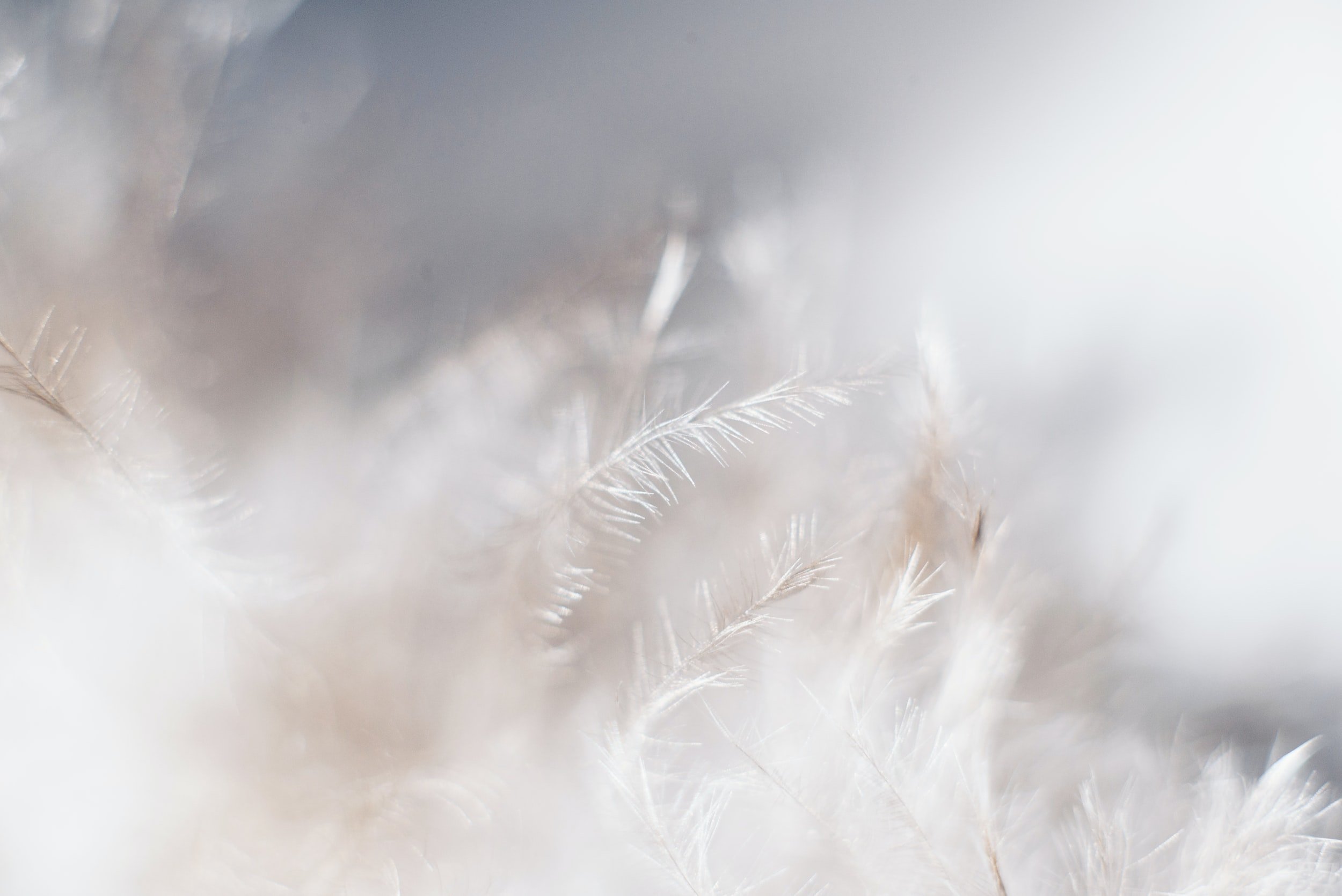
About the MMIW Epidemic
Violence against women is prevalent in every population, but the disproportionate rate at which Indigenous women and girls go missing or are the victims of homicide is alarming. In Looking for Smoke, these Native girls are added to the sobering statistics, which are some of the highest of any ethnic or racial group.
In an October 2021 update, the National Congress of American Indians Policy Research Center provided United States data trends for American Indians/Alaska Natives (AI/AN).
More than 4 in 5 AI/AN women (84.3 percent) have experienced violence in their lifetime (Rosay, 2016).
More than half of AI/AN women (56.1 percent) have experienced sexual violence in their lifetime (Rosay, 2016).
The murder rate of AI/AN women is almost 3 times that of non-Hispanic White women (Petrosky et al, 2017).
AI/AN women face murder rates more than 10 times the national average in 11 counties. In one county, Bon Homme, SD, the rate is more than 100 times the national average (555.6 per 100,000 in comparison to the 2018 national average of 5.0 per 100,000) (Bachman, Zaykowski, Kallymer, Poteyeva, &Lanier, 2008).
AI/AN women are over-represented among domestic violence victims in Alaska by 250 percent (Indian Law and Order Commission, 2015).
In Montana, AI/ANs are four times more likely to go missing, comprising over a quarter (25.5 percent) of missing persons, but are only 6.6 percent of the state population; 60 percent of missing AI/ANs in Montana are women (Montana Department of Justice, 2020).
AI/ANs comprised 48.5 percent of missing persons in Farmington, New Mexico, with 66 percent of those cases being AI/AN women. AI/ANs made up 10.5 percent of missing persons in the much larger urban core of Albuquerque, New Mexico, with AI/AN women representing 43 percent of the total missing AI/ANs (New Mexico Missing and Murdered Indigenous Women and Relatives Task Force, 2020).
You can see these data trends, and others, here:
Learn more about the Missing and Murdered Indigenous Women issue by visiting the hashtags #MMIW, #MMIWG, #MMIWG2S, #NoMoreStolenSisters, or visit these websites to find information, resources, and ways to donate to the cause:
Native Hope
https://www.nativehope.org/missing-and-murdered-indigenous-women-mmiw
Coalition to Stop Violence Against Native Women
National Indigenous Women’s Resource Center
The Snowbird Fund
